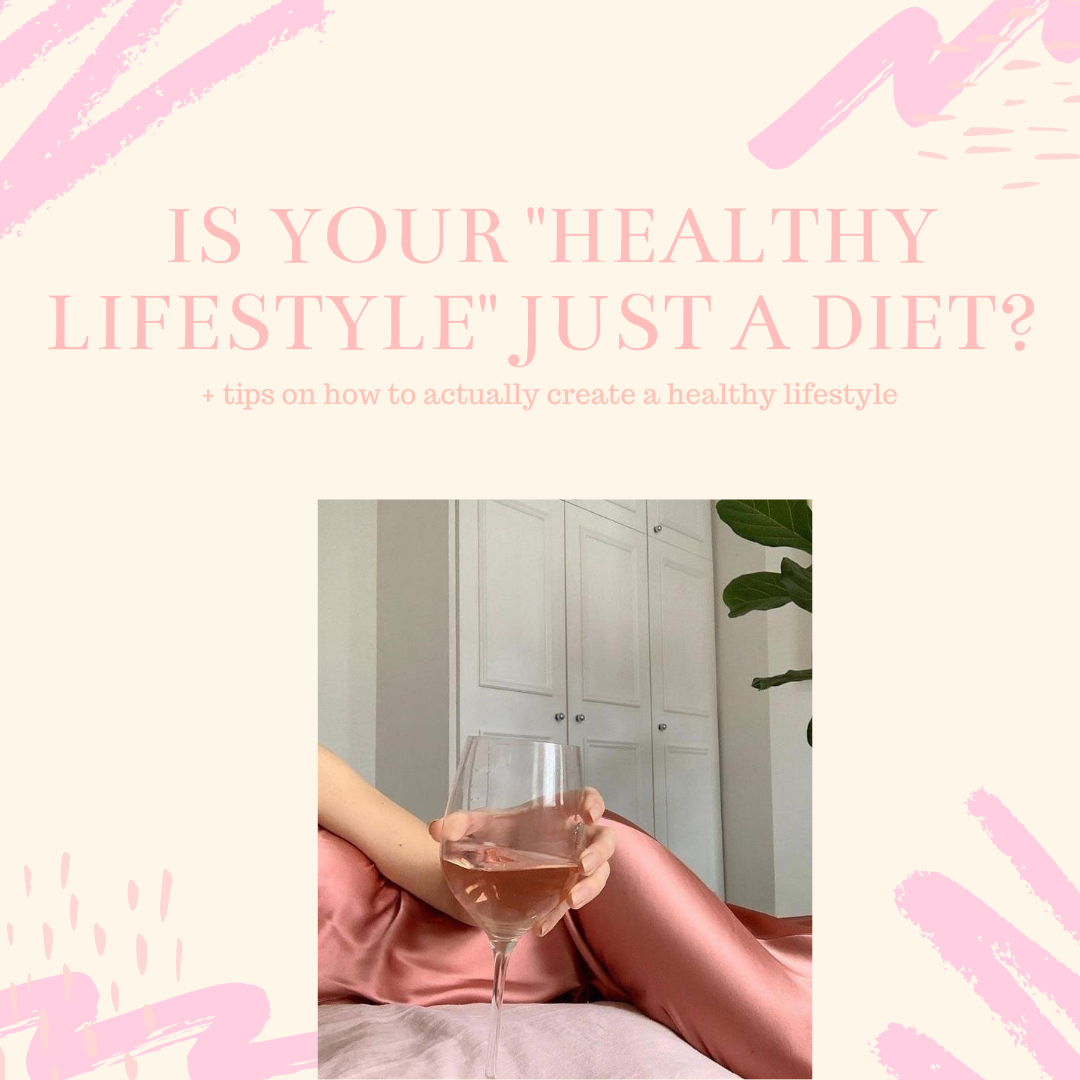Does the wellness industry actually promote wellness?
The rise of McDonald’s, convince food, and the huge meat industries are all byproducts of capitalism but on the other end of the spectrum, we have the wellness industry. What started out as an extremely niche market has turned into a $4 TRILLION dollar industry and is only projected to grow more.
It is very appealing especially in consumeristic and image-driven wealthy countries such as America which also has a very individualistic culture. This means that other countries that are collectivist cultures focus more on the group but we focus on the individual in America which breeds intense competition.
Health and wellness have turned into somewhat of a competition thanks to clever marketing and celebrity endorsements. While you are thinking you are just buying products that help you become your “best self” you are actually just funding this gigantic industry that is selling you products with the intention of leading you to believe that the next product you buy is the one that will give you fulfillment, health, and happiness.
However, the wellness industry can be extremely toxic and dangerous here is why:
1. All or nothing thinking
The wellness culture promotes an all-or-nothing mentality. Telling you to cut out all processed food or all sugar or that you have to work out seven days a week to be the best version of yourself. This type of promotion from influencers and the industry is one of the leading causes of orthorexia. Orthorexia, or orthorexia nervosa, is an eating disorder that involves an unhealthy obsession with healthy eating. Unlike other eating disorders, orthorexia mostly revolves around food quality, not quantity.
It becomes unhealthy when you are putting your eating habits and workout routine in front of your other hobbies, passions, and social life which is what all-or-nothing thinking promotes.
2. Diet culture in disguise
The wellness industry is the combination of a ton of savvy business people and expert marketers that know how to make you want something. They have realized that dieting is out of style so they have transformed their products into “wellness-promoting”. You are much more likely to buy a wellness elixir than you would buy a diet shake. This is all just smart marketing and if you walk through the aisles of whole food with this perspective you will realize just how extravagant and unrealistic the claims on all of the packaging are.
3. Substitutes are restricting
The wellness industry commonly promotes alternatives to your favorite foods such as cauliflower rice or cauliflower crust as one common example. These foods are totally fine and healthy if that is what you prefer, however, I think these types of foods give off the idea that the regular versions of the food are “bad” and therefore it is demonizing food which gives you guilt and psychologically causes you to crave the real version more because you feel restricted. It is much more physically AND mentally healthier to just have the slice of normal pizza you are craving and really enjoy it.
4. Social connections you make are body-focused
Especially in uber-wellness-focused communities such as LA it is common to see groups of girls walking from an expensive boutique fitness class to an expensive smoothie bar. This is an example of how the connections you make which are under the guise of being healthy – could actually be toxic and image-focused.
I am not saying having a gym buddy is a bad thing but if your conversations mostly revolve around food and what food group you are cutting out that week then you have to realize these aren’t helpful conversations and are very surface level and can keep you extremely body focused. The connections you would make outside of health and fitness would typically be much deeper.
5. Doesn’t emphasize the importance of social connections
Even though social connections are the biggest predictor of longevity the wellness industry promotes everything but that. They can’t make money off promoting something free but the best ways to stay healthy are to drink water (free), have strong relationships (free), be spiritually engaged (free), and go for walks outside often (also free). In fact, the wellness industry causing orthorexia can typically do the opposite and cause isolation out of shame, guilt, and a fear of going out and enjoying normal food and drinks.
6. Extremely privileged
Health is no longer just about physical and mental wellbeing- it is something to be purchased. The “healthiest” people in the eyes of diet culture pay for the most expensive workout classes, have saunas in their house, organic produce, and can afford the nicest juicer. Their products are marketed to a very rich percentage of the population.
This implies that people who can’t afford these commodities have no hope of being healthy and keeps marginalized groups in a position where obtaining the necessities for health remains difficult. The people who the wellness industry is targeting- are probably already pretty healthy and balanced if they can afford to buy the products thrown at them. The people who are at a real risk of being unhealthy are those in food deserts or are struggling to make ends meet for their families.
7. Assumes that your body needs help performing normal functions
Sure, good nutrition is a must, but these ‘extras’ that wellness sells us as ‘essentials’ are total BS like most supplements and detox teas. None of the things diet culture is essential. Your body is smarter than you think and humans have successfully existed as a species way before all of these products were invented. Wellness culture thrives off of the belief that we can’t trust our bodies to work the way they’re supposed to but honestly, your body just needs the basics, to be fed with reasonably nourishing food, given some activity, and to be properly watered and rested.
To summarize, wellness culture gives us a sense of stability, community, and control. The entire wellness industry is about weight loss and is essentially diet culture in disguise. We know now that diets don’t work so we need to stop falling for the wellness lifestyle because it is also a diet in disguise that doesn’t work and will just cause you to be stressed and isolated. It also takes the emphasis on your natural mind-gut connection which is your body’s natural way to regulate. It is the opposite of what we at New Hope Counseling and Wellness promote which is intuitive eating.
If you are struggling with orthorexia or a stressful relationship with food, there is hope that you can transform your relationship with food – we are here to support you at New Hope Counseling and Wellness. Book your first session today!








